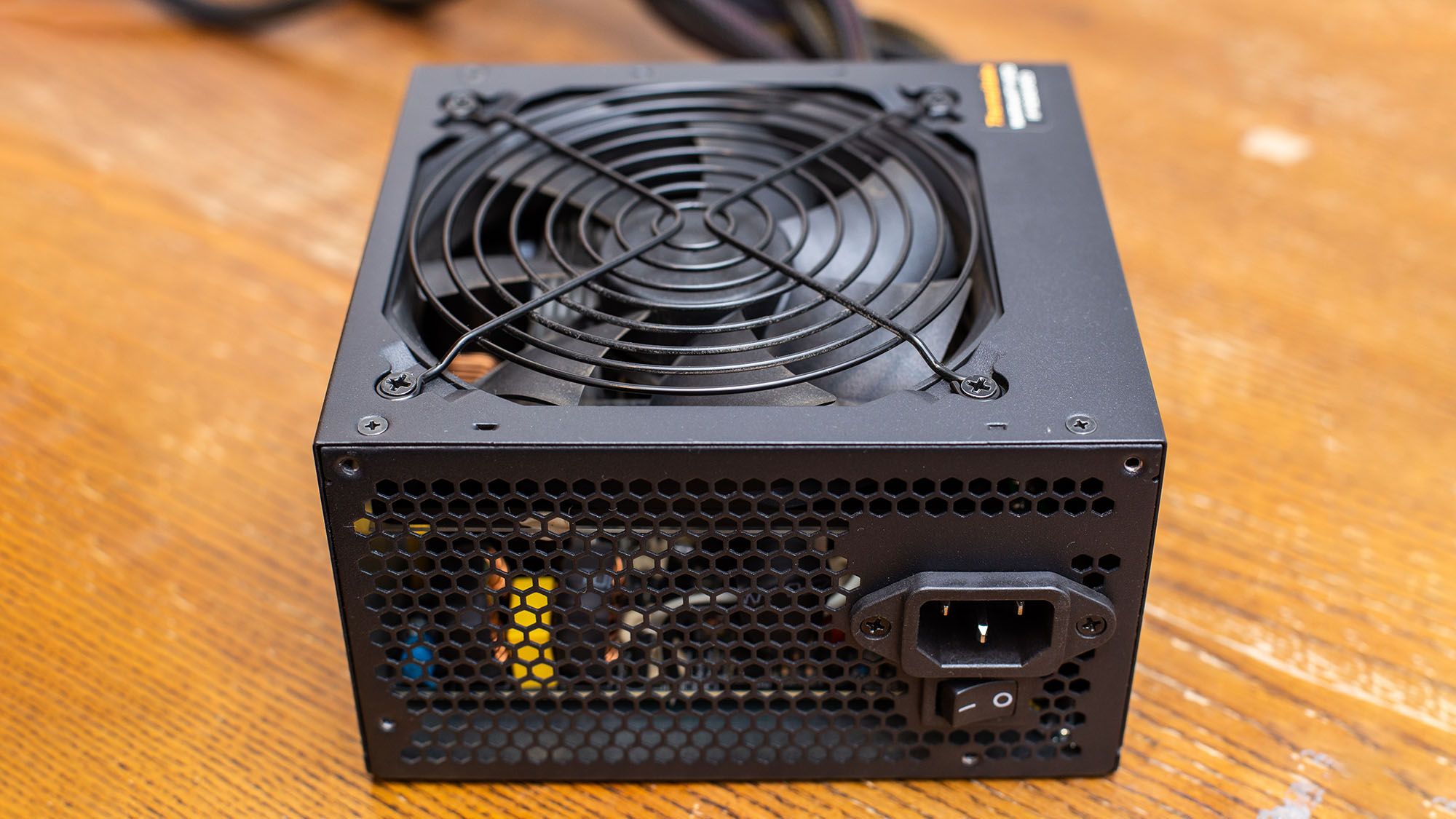
If you’re looking into building your own PC, you’ll undoubtedly come across a number of components you’re not familiar with if you’re used to buying prebuilt PCs, so asking “what is a PSU?” is probably one of the first questions a lot of folks are going to ask.
This component is one of the few essential parts in a PC. Without a PSU there’s no way to power anything else in the system, so it is really the unsung champion that ensures your PC receives a steady and reliable supply of electricity. From powering the CPU and graphics card to driving the storage devices and peripherals, having the best PSU that is appropriate for your system will go a long way to maintaining your PC’s stability, efficiency, and overall performance.
Unlike the best graphics card, the best processor, or the best RAM, the specs and quality of a PSU can be especially opaque for most people with even a solid familiarity with PC components, so don’t worry if you’re feeling a bit confused by wattages, certifications, and other important parts of knowing which PSU is right for your PC. I’ve been building PCs for many years now, and I’m here to break it all down for you so you can find the right PSU for your needs and budget.
What is a PSU?
What is a PSU?
PSU stands for Power Supply Unit, and it is the part of a PC responsible for converting the alternating current (AC) power from an electrical outlet into direct current (DC) power that computer components can use. The PSU supplies power to all the components in the computer, including the motherboard, CPU, graphics card, storage drives, and other peripherals.
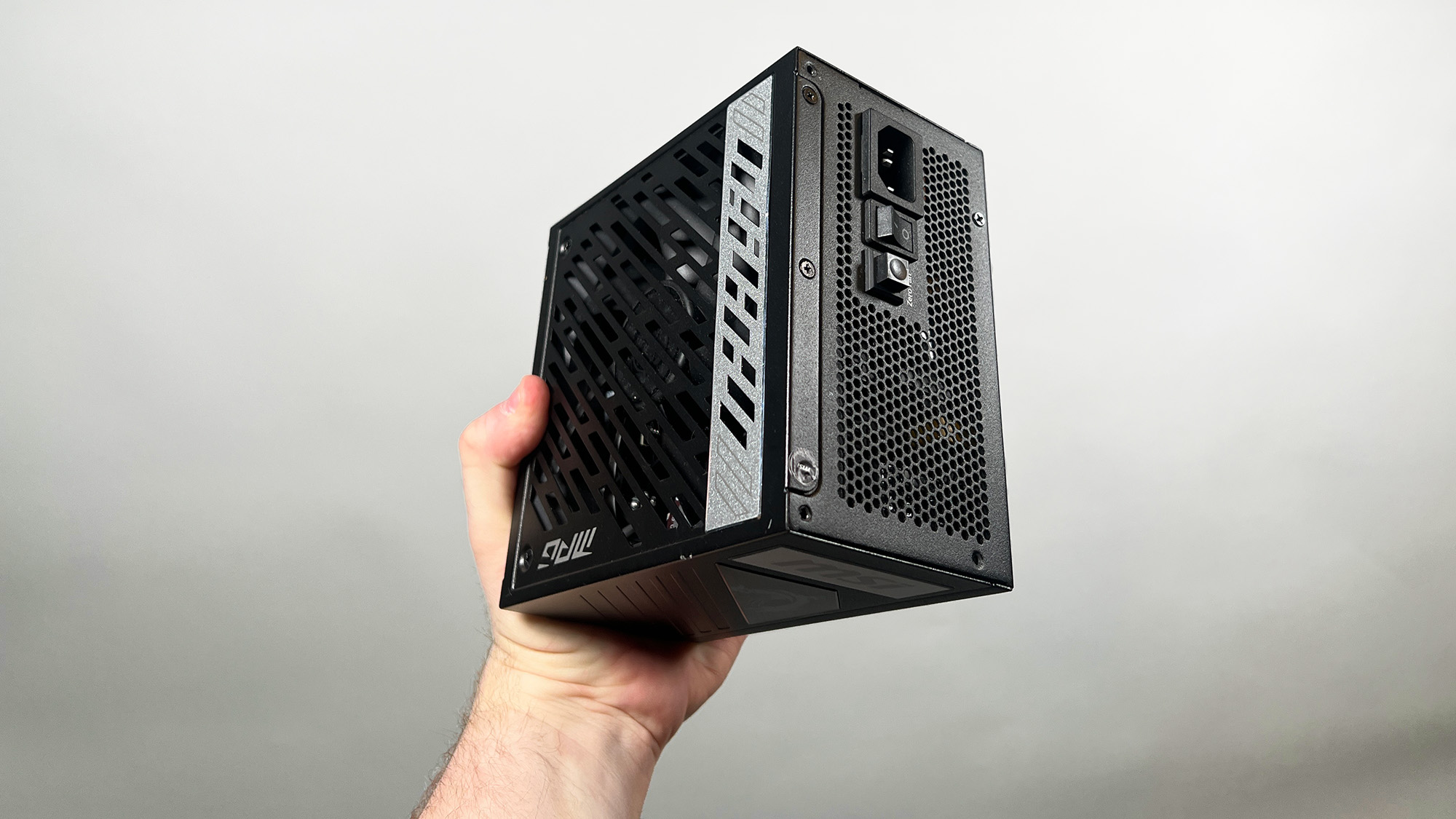
Why is a PSU needed?
Why is a PSU needed?
Every PC needs a PSU in order to operate, and it’s not just about giving the PC a way to plug into the wall outlet.
Primarily, the PSU ensures that the power supplied to the system is stable and meets the necessary voltage and current specifications for the various components.
The PSU also distributes power to the motherboard, which then distributes it to the other components as needed, and increasingly, it provides additional power directly to different components through various connectors and cables.
Critically, the PSU is responsible for regulating the voltage levels to ensure that each component receives an appropriate and stable amount of power. This is important for the proper functioning and longevity of the computer components, as excessive or insufficient power can cause damage or performance issues.
A high-quality PSU also includes safety features such as overvoltage protection, undervoltage protection, overcurrent protection, short circuit protection, and power surge protection. These features help safeguard the computer system from potential electrical hazards and protect the components from damage.
PSUs come in different wattage ratings to accommodate the power requirements of different computer systems. The wattage rating of the PSU should be sufficient to handle the power needs of all the components, including the CPU, graphics card, drives, and peripherals. It is important to choose a PSU with adequate wattage to ensure stable and reliable power delivery.
When building or upgrading a computer system, selecting a high-quality PSU with sufficient wattage from a reputable brand is essential to ensure proper power supply and protect your components from potential power-related damage.
What does a PSU mean for gaming?
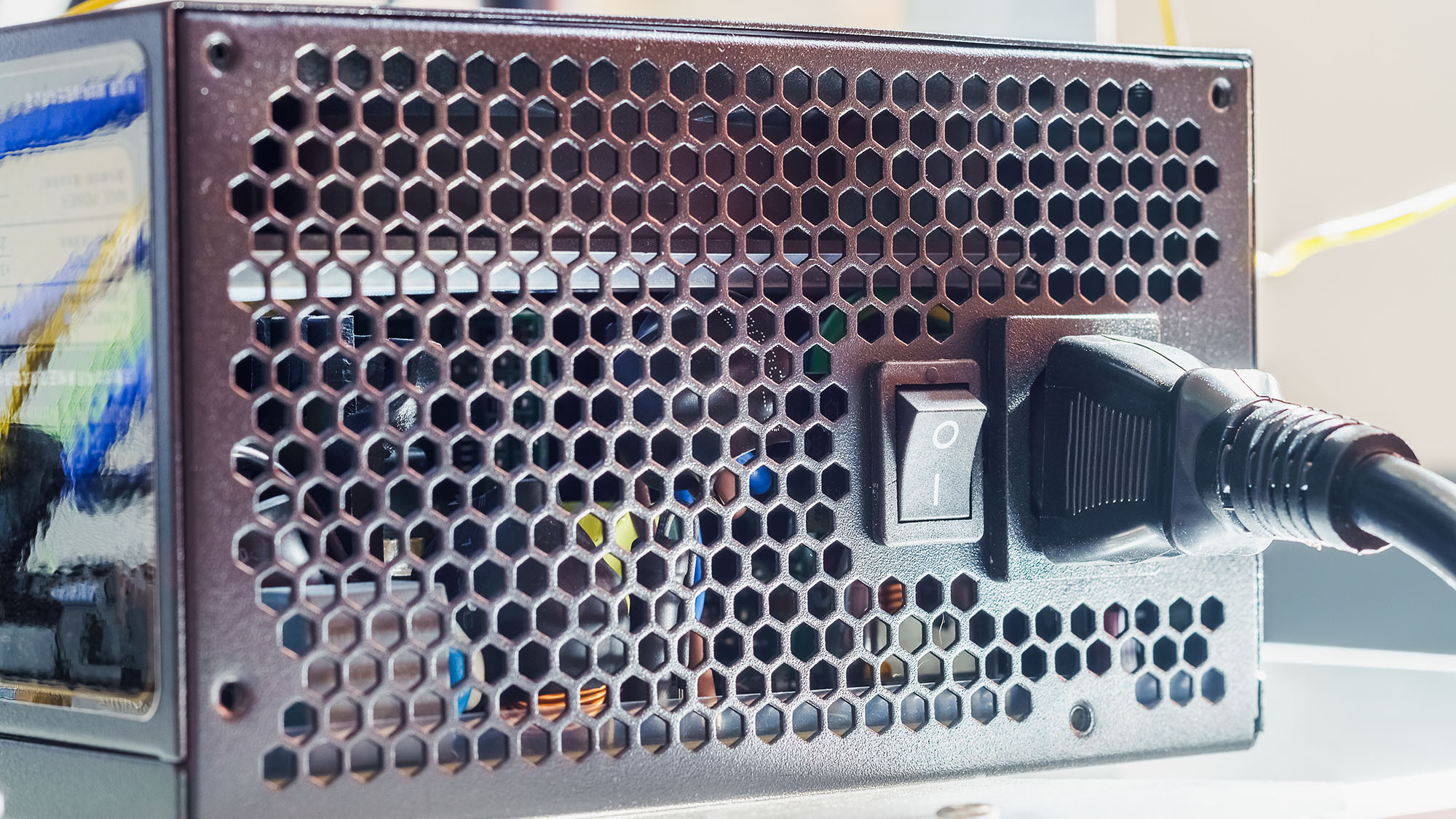
What does a PSU mean for gaming?
While a higher wattage PSU does not directly improve gaming performance, the wattage of your PSU is going to determine what your gaming PC can do in terms of maximum performance. The wattage of a PSU determines the maximum amount of power it can deliver to the components of a computer system, as well as what kinds of components you will be able to install in your PC.
While a higher wattage PSU may be necessary if you have power-hungry components or plan to overclock your system, it does not inherently enhance gaming performance on its own. The actual performance of gaming primarily depends on the capabilities of the CPU, graphics card, memory, and other relevant hardware components, so the PSU has a role to play here, but only indirectly.
It's important to select a PSU with an appropriate wattage rating that matches your system's requirements. The best gaming PC isn’t going to incorporate a PSU that provides significantly more power than the required wattage of the components contained within, since doing so will not provide any performance benefits and can result in higher costs and lower energy efficiency. Therefore, focus on choosing a reliable PSU with the right wattage for your specific gaming system configuration rather than solely considering a higher wattage as a means to improve gaming performance.
What will happen if a PSU is not powerful enough?
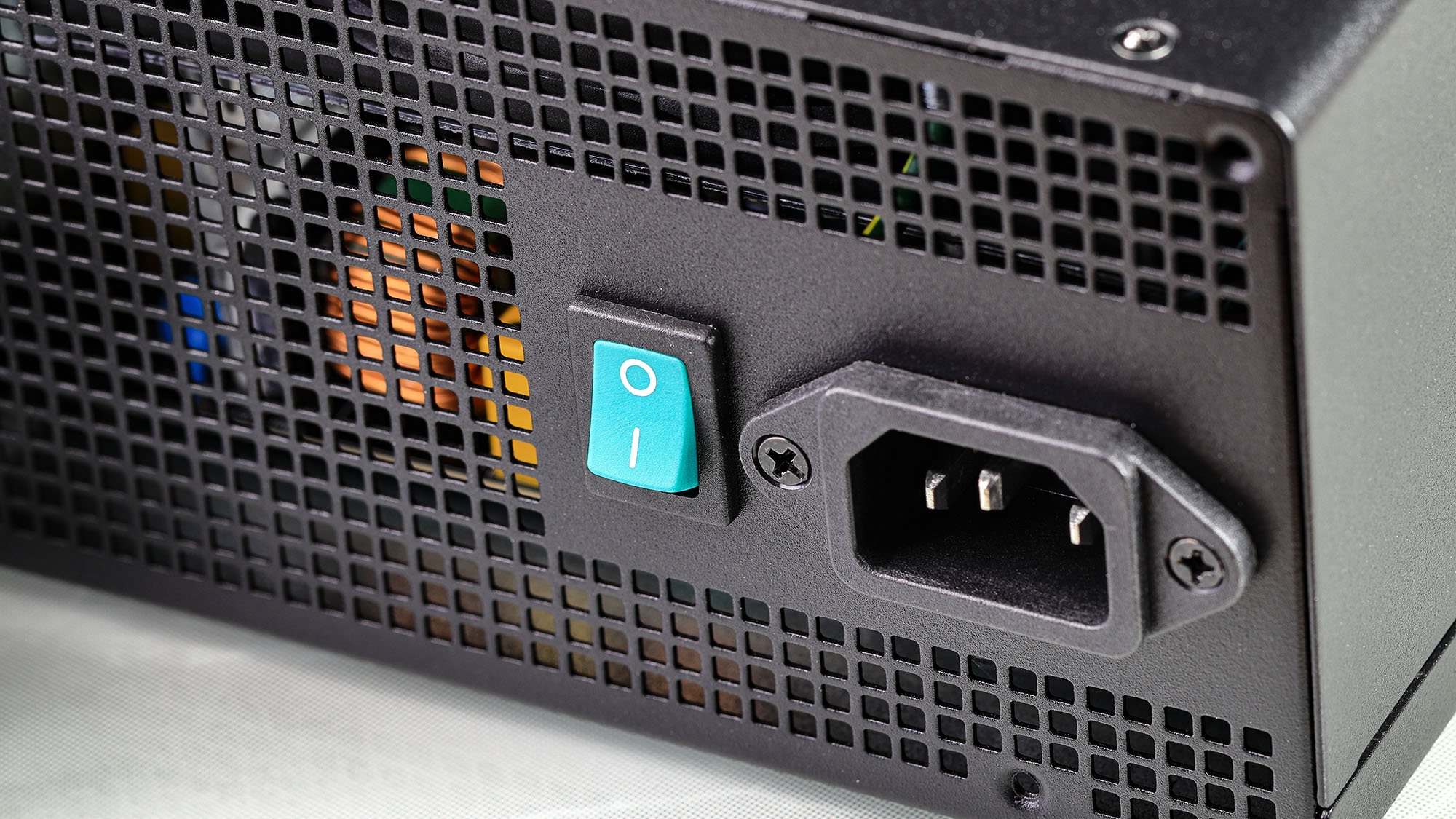
What will happen if a PSU is not powerful enough?
If a PSU does not provide enough power for the components in a computer system, several issues can arise.
Most importantly, inadequate power can lead to system instability. If the power supply cannot deliver enough power to start the system, it may even fail to boot or power on at all. You may encounter a situation where pressing the power button has no effect, or the system starts briefly and immediately shuts down.
If the PC does boot up, it may experience random crashes, freezes, or sudden shutdowns, especially during periods of high demand or when running resource-intensive tasks like gaming or rendering.
In extreme cases, insufficient power supply can cause damage to your PC's components. When the PSU struggles to meet the power demands, it may deliver unstable voltages or inconsistent power, leading to potential damage to the motherboard, CPU, graphics card, or other sensitive parts.
A poor-quality PSU can also result in inadequate cooling, as the PSU may not provide enough power to run the system fans or cooling solutions effectively. This can lead to increased temperatures inside the computer case, potentially causing overheating issues and negatively impacting the lifespan and performance of the components.
To avoid these problems, it is crucial to ensure that the PSU has sufficient wattage to meet the power requirements of the entire system, including all components, drives, and peripherals. When building or upgrading a computer, carefully consider the power needs of the components and choose a reliable PSU with an appropriate wattage rating to provide stable and consistent power supply for optimal performance and system reliability.
How do I know if my PSU is struggling?
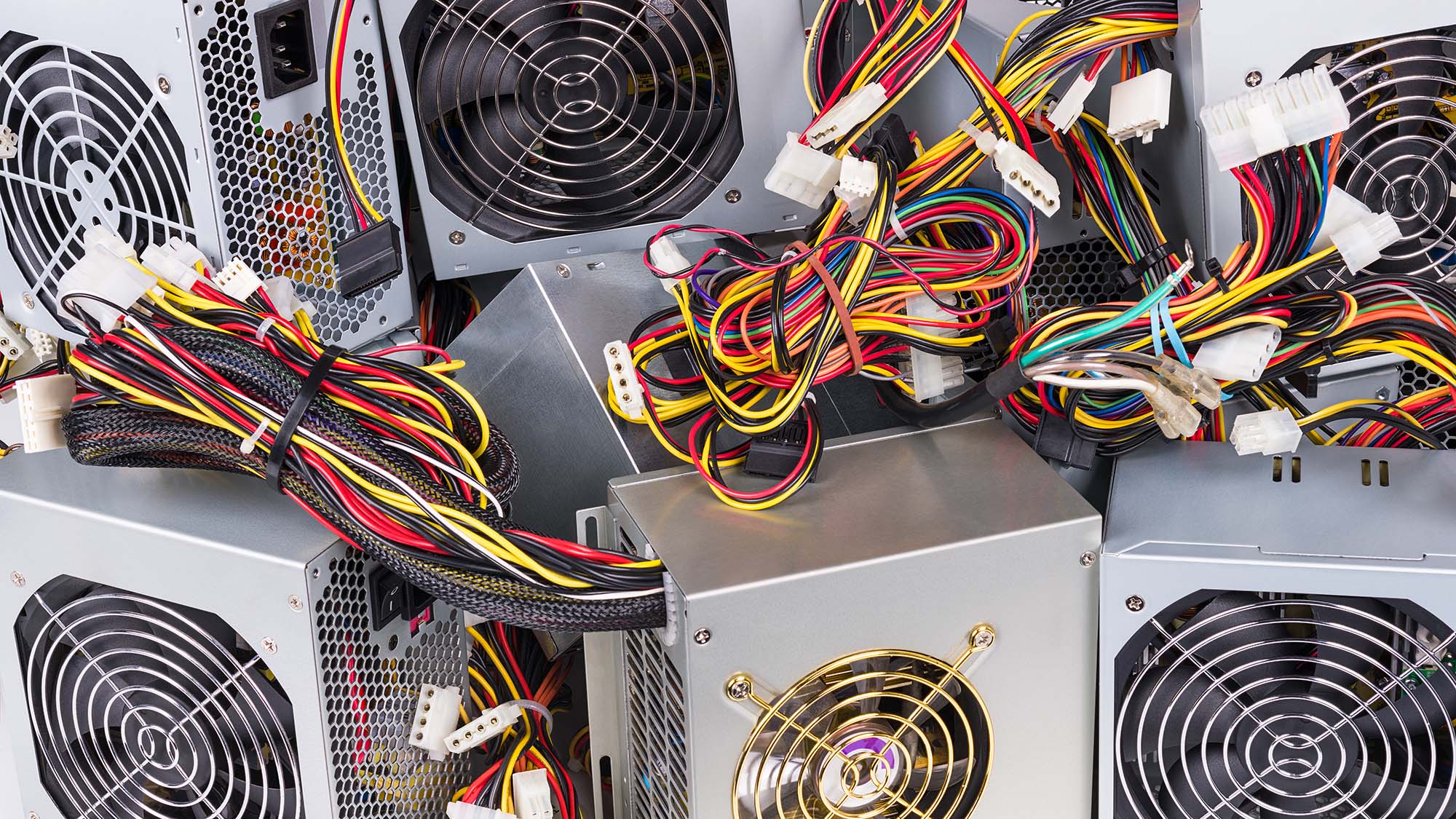
How do I know if my PSU is struggling?
There are several signs that can indicate if your PSU is struggling or inadequate for your system.
If your computer frequently crashes or shuts down without any apparent reason (especially if it doesn’t display the “blue screen of death” or BDoS on Windows systems that report operating system crashes), it could be a sign of an insufficient power supply. When the components draw more power than the PSU can provide, the system may become unstable and trigger an immediate shutdown to prevent damage.
If pressing the power button does not turn on the system, or if the system starts briefly and immediately shuts down, it may indicate that the PSU is struggling to provide enough power to start the components.
If your computer freezes or becomes unresponsive, especially during resource-intensive tasks like gaming or running demanding applications, it may indicate a power supply issue. Inadequate power can cause the system to struggle in providing stable power to the components, leading to freezing or lock-ups.
If you encounter frequent BSoD errors with different or inconsistent error codes, it might be due to insufficient power supply. Inadequate power can cause the system to encounter critical errors unexpectedly from different sources, resulting in system crashes and BSOD errors.
If your computer frequently restarts on its own, it could also indicate a power supply problem. When the power demands exceed the capabilities of the PSU, the system may restart to protect itself from potential damage or instability.
There are also some physical signs to look out for, including unusual noises like buzzing, clicking, or whining coming from the PSU, or the presence of a burning smell, which could suggest a malfunctioning or overloaded power supply. These symptoms should be taken very seriously, and you should shut down your PC immediately to prevent an unsafe situation.
If you experience any of these, it is critical to investigate the power supply as a potential cause. As the one component directly connected to a power outlet, it is handling more electrical power than any other component, and malfunctioning electrical components are inherently unsafe to operate. Consider checking the wattage rating of your PSU and compare it with the power requirements of your components. If you suspect a power supply issue, consulting with a knowledgeable technician or replacing the PSU with a higher-quality and adequately power rated one may be necessary to resolve the problem.







